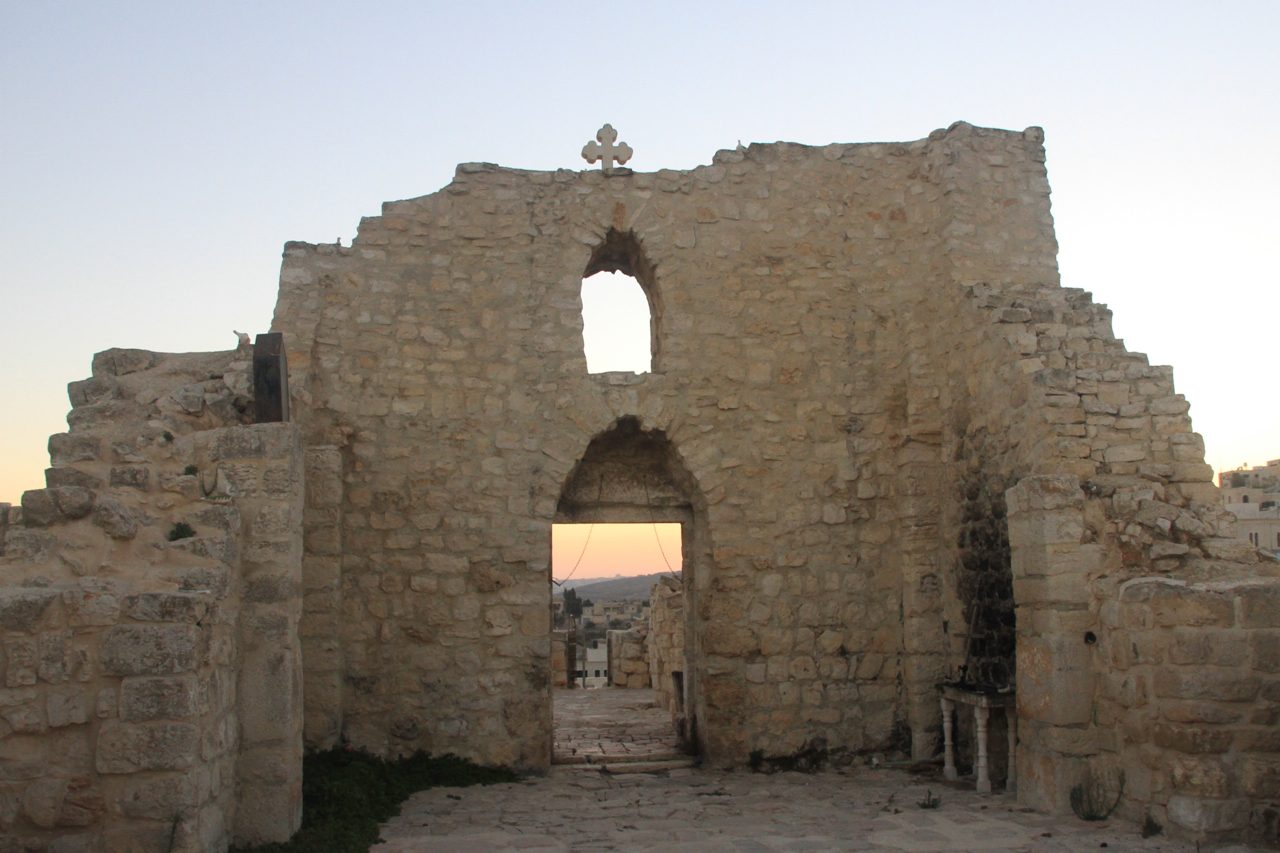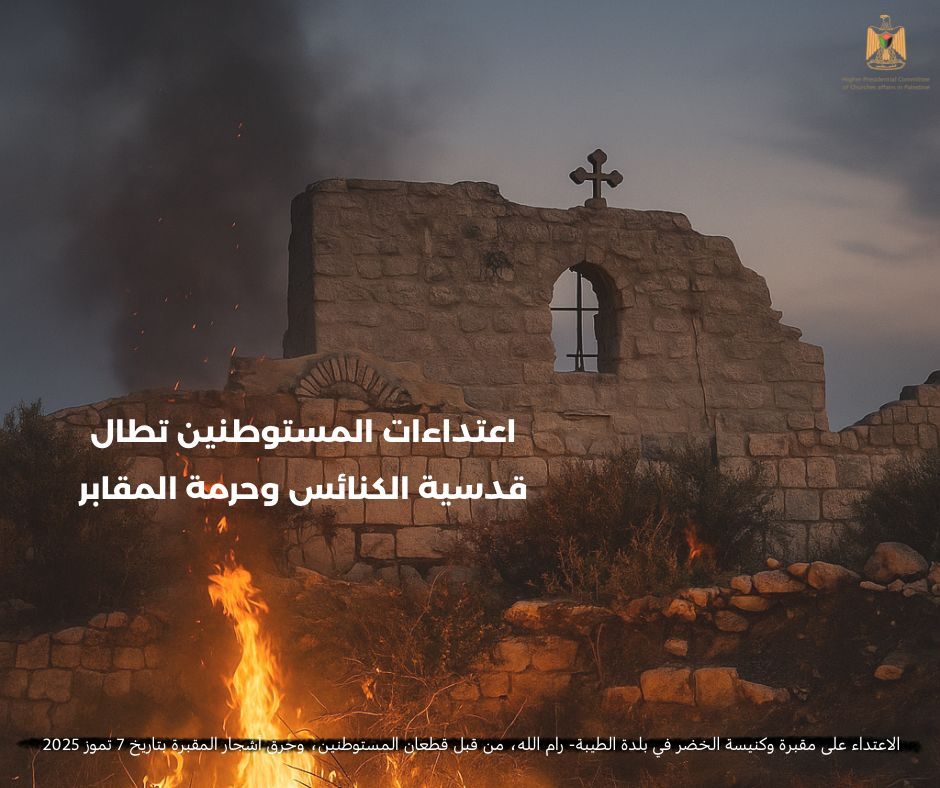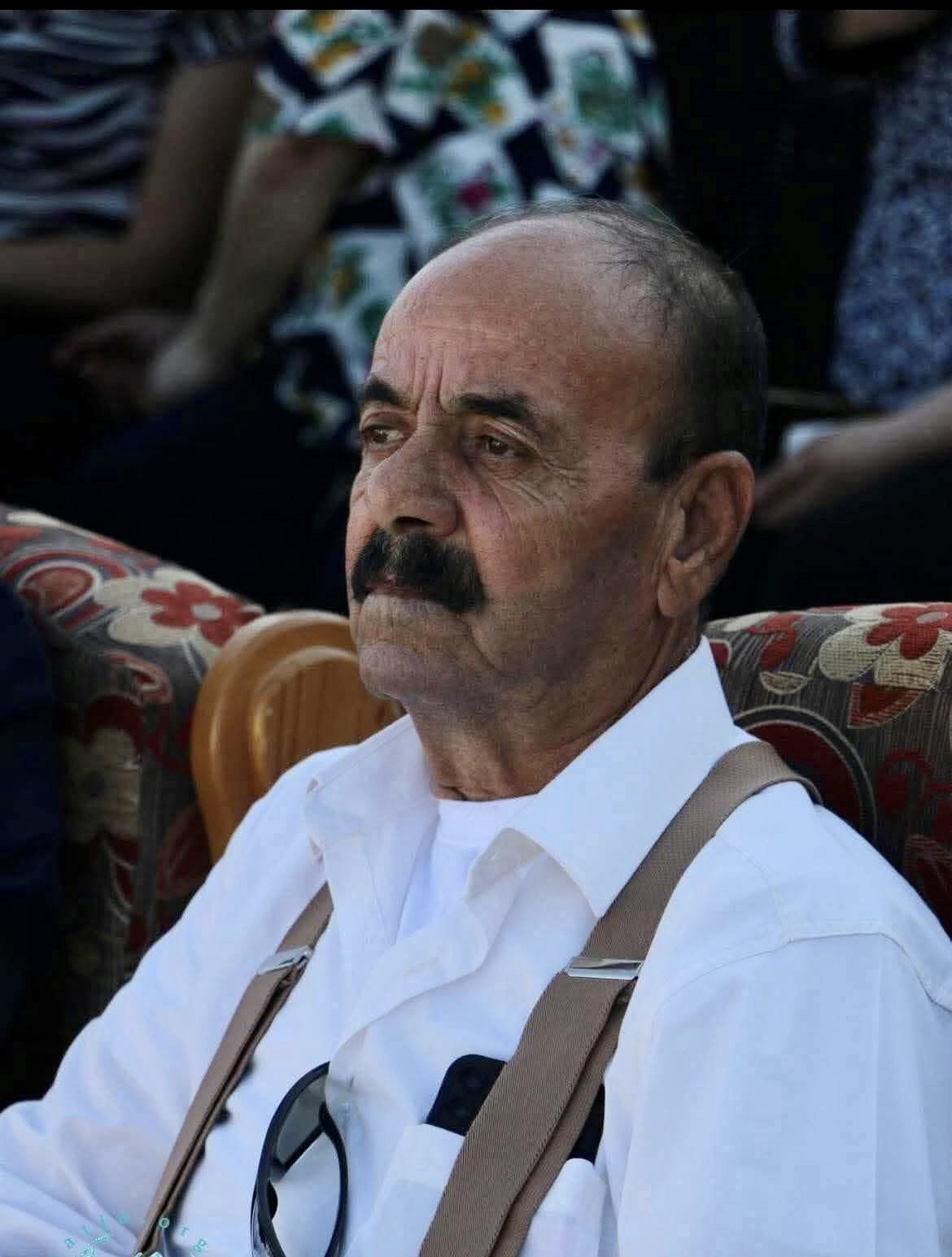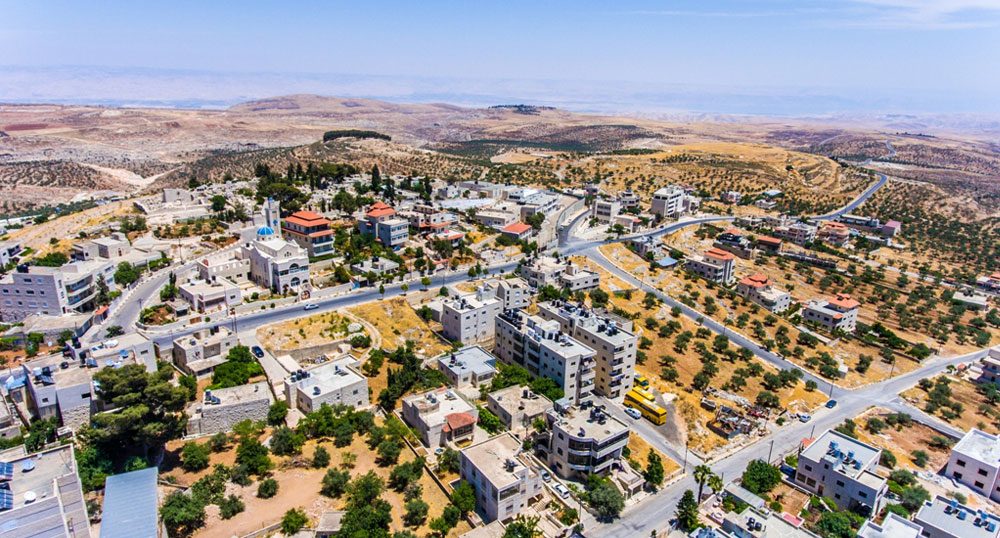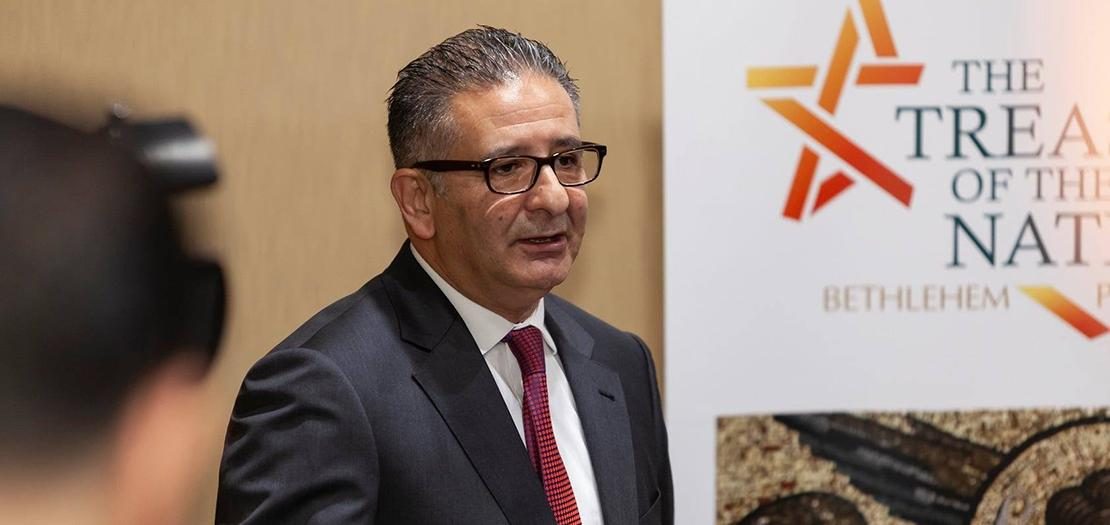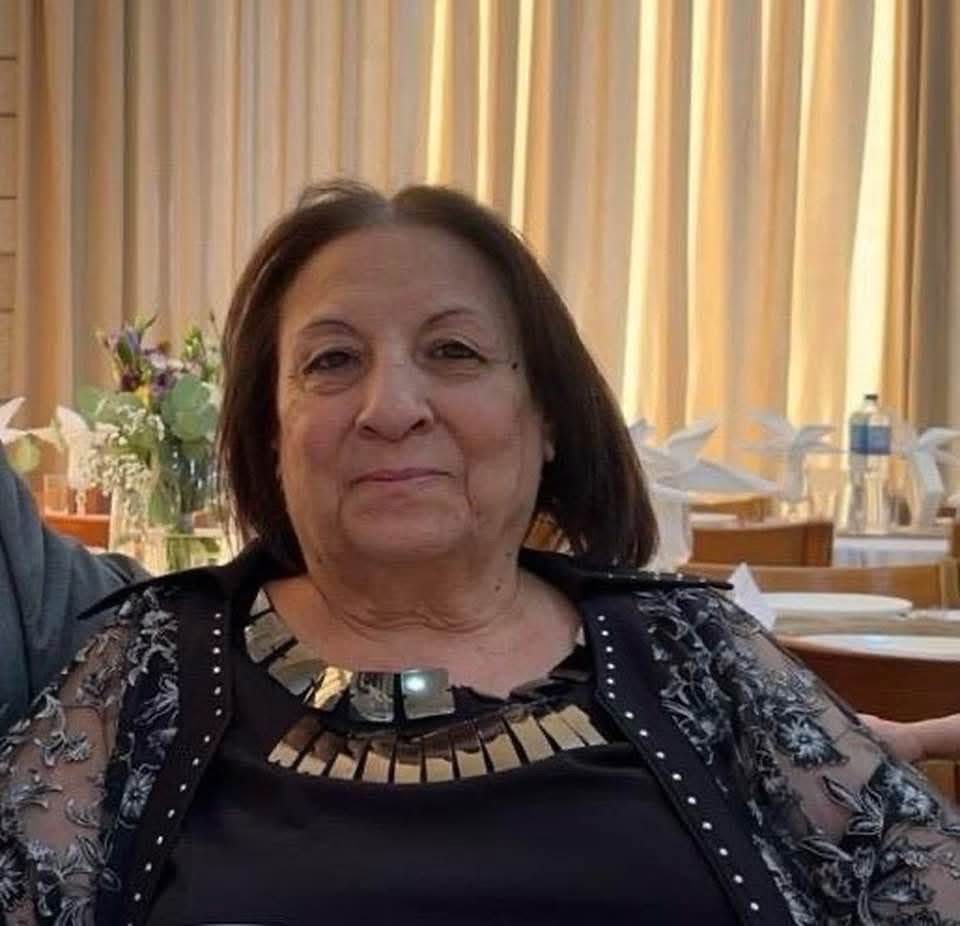Pope Francis has a dream that one day, in the not so distant future, Israelis and Palestinians will live together, in separate independent states, in peace, security, and mutual respect, as befits the sons and daughters of the one Merciful God in whom he and the vast majority of them believe.
He took a first step to help make that dream become reality on May 25, when in Bethlehem – the birthplace of the Prince of Peace, he invited President Shimon Peres of Israel and President Mahmoud Abbas of Palestine, two elder statesmen of both peoples, to join him in the Vatican “to pray in earnest for peace”.
Yes, to pray, not to talk, not to negotiate, but to pray for peace in that land which has known wars, violence, death, exile, fear, resentment, hatred and never-ending retaliation for some 66 years, but not lasting peace.
For far too long God has been sidelined from the Israeli-Palestinian peace process by the various political forces on both sides of the Atlantic that have sought, with varying degrees of political will and seriousness, to broker a peace accord. Now the Latin American Pope is bringing God to center stage in what he believes can be a game changer.
“Few seem capable of understanding that perhaps the religious dimension can free up the political dimension and open up vision”, Fr David Neuhaus S.J., vicar of the Latin Patriarchate in Jerusalem for the Hebrew speaking Catholics in Israel, told me recently.
The Israeli Jesuit explained that “an integral part of the message” that Francis sought to communicate to Israelis and Palestinians alike during his recent visit could be summarized this way: “Let God in! Make space for God.”
He said the Pope was not simply referring to “the word ‘God’ which is instrumentalized, used and abused by each side to the multidimensional conflict”; rather he was speaking about “the real living God”.
According to Neuhaus, the Pope was saying to the Israelis and Palestinians, and to their respective political leaders, “Can you see the horizon beyond the walls that have been erected due to the conflict, the horizon of possibilities that God can open up?”
The Argentine Pope’s invitation to the two highly respected Presidents of Israel and Palestine should be seen in this context. Peres and Abbas are “men of peace” (the Pope’s words) and believers, and so they readily accepted his invitation to turn to the Merciful God in whom all three believe, to invoke his assistance to grant peace to their two peoples at a moment when human endeavor has failed miserably, and left the door open to the risk of even greater suffering and turmoil.
Pope Francis invited them because he passionately wants to break the impasse, to change the political climate, to remove the blocks to peace, and to get Israelis and Palestinians alike to dream again that “peace is possible”. He wants them to believe that the dream can become reality with the help of God, and with the cooperation of people of good will – in particular, political leaders, on both sides – who are willing to look beyond the walls in which they find themselves confined. He hopes to create a climate in which political leaders on both sides can summon up the courage and determination to make the dream come true.
Rabbi Abraham Skorka, writing in the Argentine daily, La Nacion, on June 6, before departing for Rome to participate in the prayer-for-peace service together with his compatriot, Omar Abboud – the Muslim leader, emphasized this same idea when he said, the event is being held “to keep the dream alive”.
“The prayer-for-peace meeting, has no direct political goals, it aims only to shape a significant encounter, so as to generate a different image in the reality of ‘mis-encounters’ between Palestinians and Israelis”, Skorka stated.
Its aim, he said, “is to create a moment in which, without the signing of a peace accord or treaty, two old fighters look at each other face-to-face and express in the language of gestures and silences a common cry for the cessation of all expressions of violence in the region.”
“One of the aims of this spiritual encounter is to renew the hope that peaceful living-together is possible”, he added.
“This hope of peace between all the peoples of the region was an essential part of the thinking of Ben Guerion, the father of the State of Israel. To sustain this dream, Anwar el-Sadat paid (the price) with his own life” said Skorka, who had listened to David Ben Gurion speak during his one visit to Argentina.
“This prayer-meeting in the Vatican is taking place essentially to keep the dream alive”, he stated.
But well aware that many political analysts are skeptical that this prayer gathering can change the situation in any way, Skorka reminded everyone that “the real history (of the world), which allowed the development of the dignity of individuals and produced the most beautiful flowers of the human reality, was made by the dreamers, who like Martin Luther King, knew how to conceive and keep a dream alive.”
The idea of a dream was also used by Father Pierbattista Pizzaballa , a Franciscan and Custodian of the Catholic sites in the Holy Land, whom the Pope asked to be coordinator for this meeting.
“No one thinks peace will break out on Monday”, he told a Vatican press conference on June 6, “rather, the intention of this initiative is to re-open a road that has been closed for some time, to recreate a desire, a possibility, to make people dream that peace is possible”.


